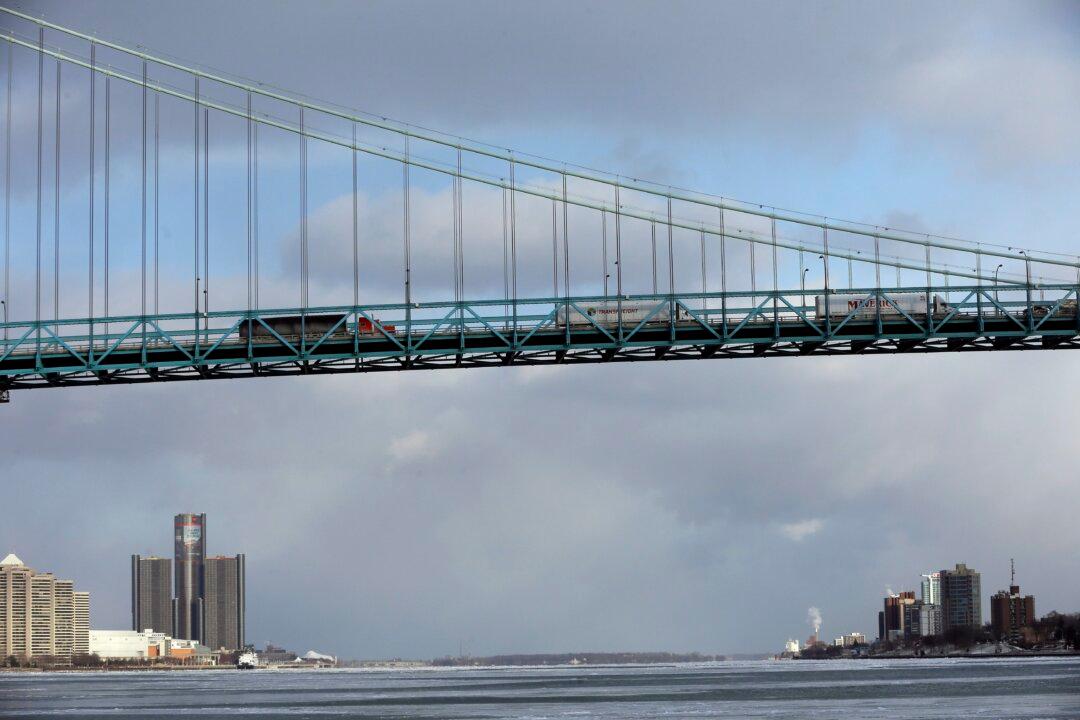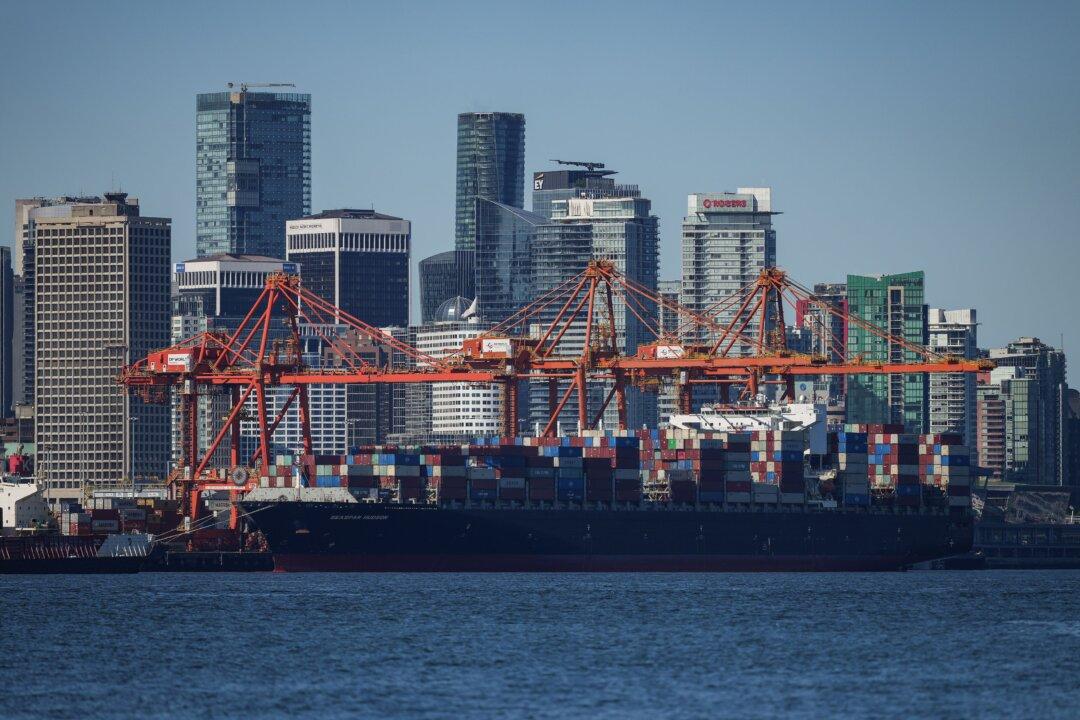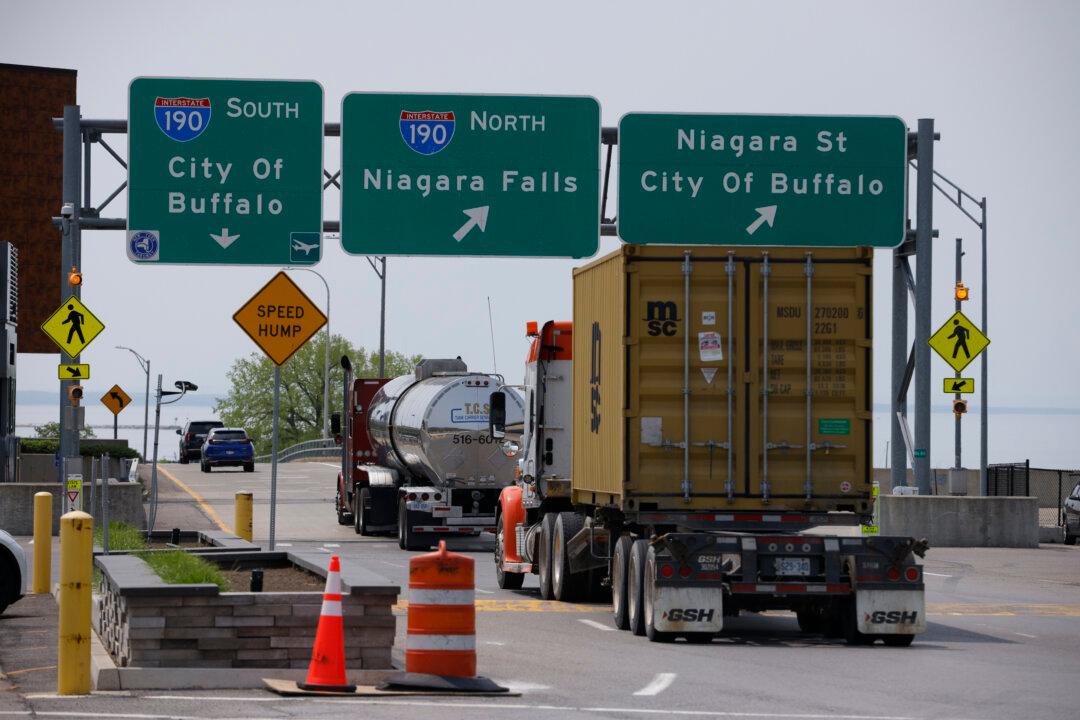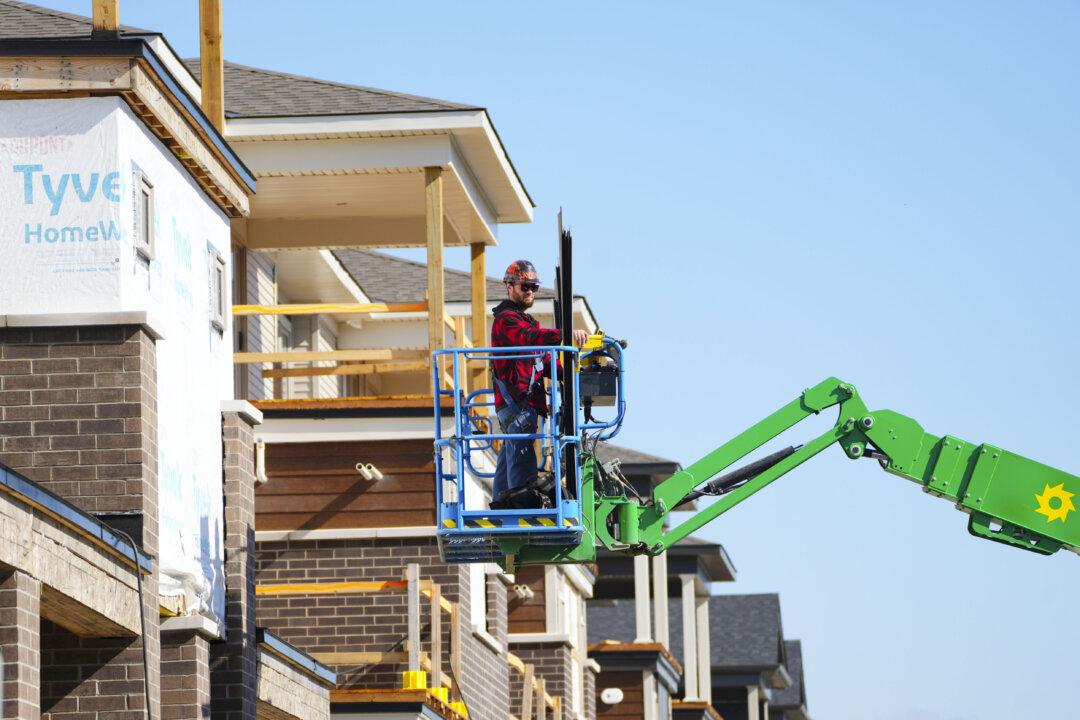Commentary
Detroit was for the longest time known across North America as a city in considerable decline. Residents and businesses fled the downtown core, crime soared, and the city developed a reputation as one of the last major American cities a family would want to move to or that a business would want to invest in.





